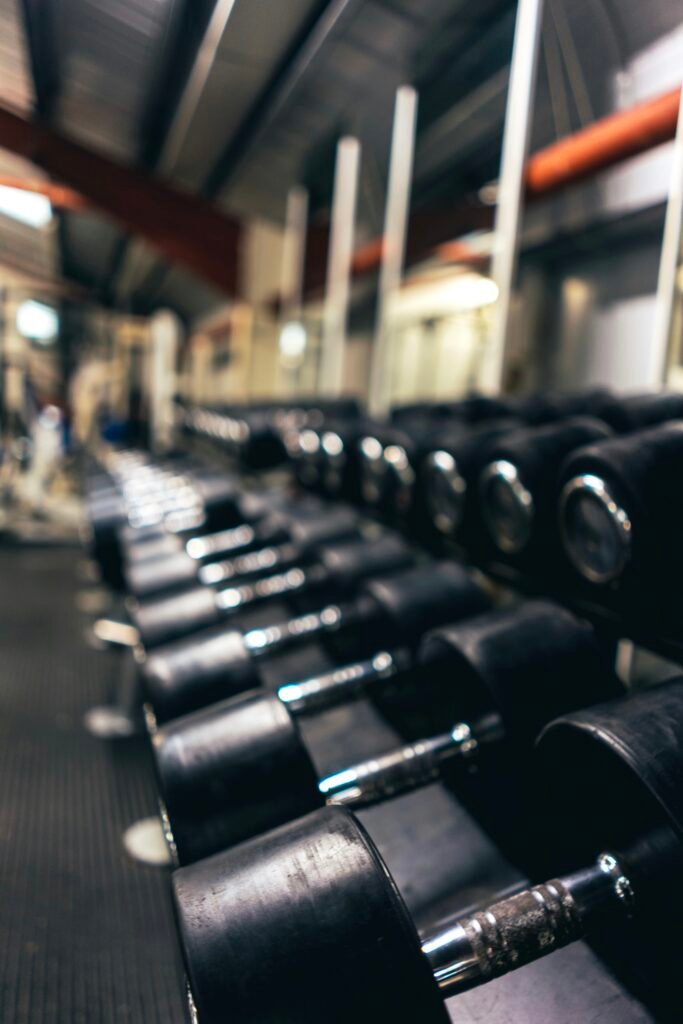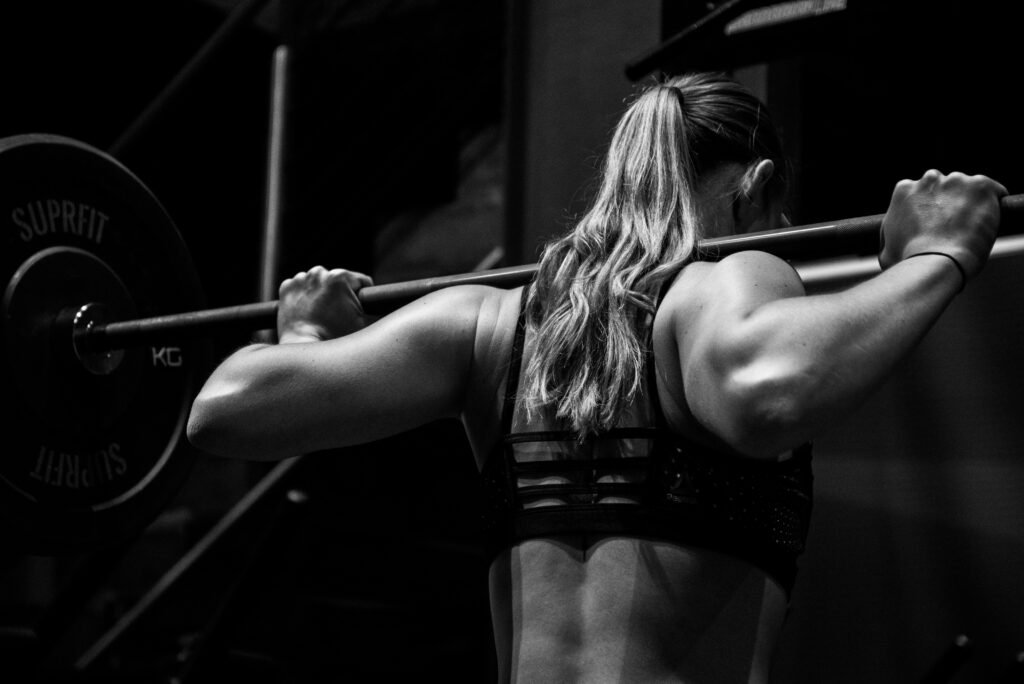How Long Does It Take To Get Fit?
Have you ever wondered how long it takes to get fit? Whether your goal is to build muscle, lose weight, or improve your overall health, the timeline for getting fit can vary depending on various factors. Let’s break down the process and explore how long it might take you to reach your fitness goals.
Setting Realistic Expectations
Before diving into a new fitness routine, it’s essential to set realistic expectations for yourself. Getting fit is a journey that takes time, effort, and consistency. Remember that everyone’s body is unique, so results may vary from person to person.
Factors That Impact Your Fitness Journey
Several factors can influence how quickly you get fit, including your current fitness level, diet, age, genetics, and lifestyle habits. Understanding these factors can help you set realistic goals and timelines for your fitness journey.

Your Starting Point
Your current fitness level plays a significant role in determining how long it will take to get fit. If you are starting from scratch, it may take longer to see noticeable results compared to someone who is already active. Be patient with yourself and celebrate small victories along the way.
Diet and Nutrition
Eating a healthy, balanced diet is crucial for achieving your fitness goals. Your diet provides the fuel your body needs to perform at its best during workouts and aids in muscle recovery and growth. Make sure to fuel your body with nutrient-dense foods to support your fitness journey.

Age and Fitness
Age can impact how quickly you see results from your fitness routine. As you age, your metabolism slows down, making it harder to lose weight and build muscle. However, with the right exercise and nutrition plan, you can still make significant improvements in your overall fitness regardless of your age.
Genetics and Fitness
Genetics also play a role in how your body responds to exercise and diet. Some people may be genetically predisposed to build muscle more easily, while others may struggle to lose weight despite their best efforts. Keep in mind that genetics are just one piece of the puzzle, and with hard work and dedication, you can still achieve your fitness goals.

Lifestyle Habits
Your lifestyle habits, such as sleep, stress management, and physical activity outside of your workouts, can also impact your fitness journey. Getting enough sleep, managing stress effectively, and staying active throughout the day can help support your overall well-being and enhance your fitness progress.
How Long Does It Take To Lose Weight?
If your goal is to lose weight, the timeline for reaching your target weight can vary depending on several factors. A safe and sustainable rate of weight loss is typically 1-2 pounds per week. Keep in mind that weight loss is not always linear, and you may experience fluctuations along the way.
How Long Does It Take To Build Muscle?
Building muscle is a gradual process that requires consistency and dedication. On average, you can expect to see noticeable muscle gains within 8-12 weeks of regular strength training. However, progress may vary depending on factors such as your training intensity, nutrition, and recovery.
How Long Does It Take To Improve Cardiovascular Fitness?
Improving your cardiovascular fitness involves increasing your heart rate and breathing rate during physical activity. With regular aerobic exercise, such as running, cycling, or swimming, you can improve your cardiovascular fitness within 4-8 weeks. Start slowly and gradually increase the intensity and duration of your workouts for best results.
How Long Does It Take To See Visible Results?
Visible results may vary depending on your fitness goals, but in general, you can start to see changes in your body within 4-6 weeks of consistent exercise and healthy eating. Remember that progress takes time, so be patient and stay committed to your fitness routine.
Tracking Your Progress
Tracking your progress is essential for staying motivated and on track with your fitness goals. Keep a workout journal, take progress photos, or use apps to monitor your workouts, nutrition, and measurements. Celebrate your achievements, no matter how small, to stay motivated on your fitness journey.
Adjusting Your Fitness Plan
As you progress on your fitness journey, you may need to adjust your workout plan to continue seeing results. Gradually increase the intensity or duration of your workouts, try new exercises, or seek guidance from a fitness professional to keep your routine challenging and effective.
Listen To Your Body
Listening to your body is crucial for preventing injuries and burnout during your fitness journey. Pay attention to how your body feels during workouts, and don’t hesitate to take rest days when needed. Prioritize recovery, stay hydrated, and fuel your body properly to support your overall health and fitness goals.
Final Thoughts
Getting fit is a journey that requires time, effort, and dedication. Remember that progress is not always linear, and there will be ups and downs along the way. Stay consistent, set realistic goals, and celebrate your achievements to stay motivated on your fitness journey. Embrace the process, enjoy the journey, and trust the process. You’ve got this!